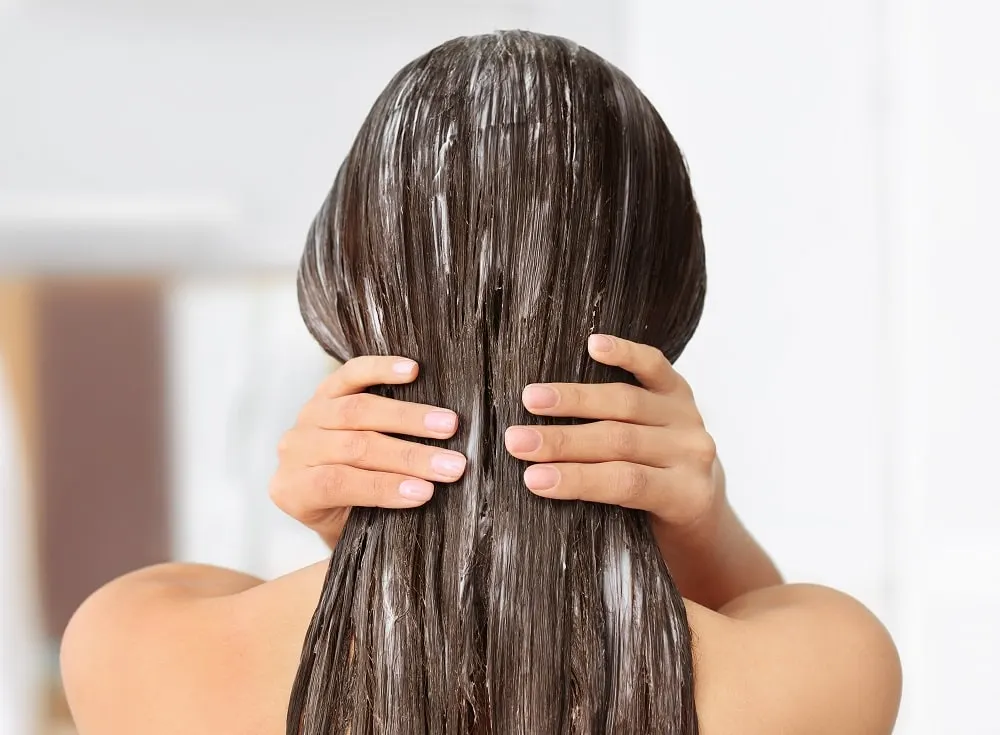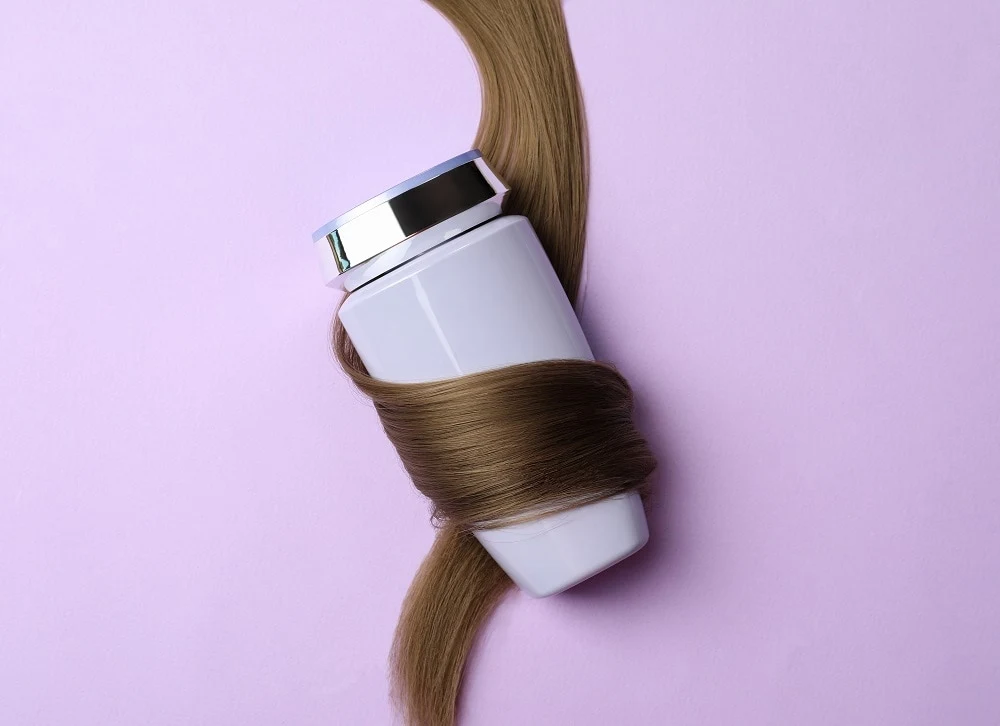Whether you have box-dyed your hair or dyed it professionally, it is recommended not to deep condition or wash your hair for up to 72 hours after the process.
Why? You risk fading the color as deep conditioning will strip colors from your hair, and you’ll lose your desired look.
Not only have you wasted money, but you also risk damaging your hair further. So, how would using a deep conditioner immediately after dying your hair damage it further?
Why You Should Never Deep Condition Immediately After Dying?
After a coloring process, your hair may seem more frizzy, dry, and brittle – even if it was healthy and vibrant before coloring. If you apply a deep conditioning treatment immediately after dying your hair, your hair will absorb the nutrients provided in the conditioner.
So, how is this a bad thing? When you rinse your hair off the conditioner, you’ll expel excess dye, which means all the color you deposited onto your hair will be rinsed out, and you’ll have to recolor it in five days.
Why does this happen? Hair can only absorb so much treatment. When you undergo a hair dye treatment, your cuticles open up, which is why you see the desired color deposit so quickly. Because these cuticles stay open for three days, it’s recommended not to wash, condition, rinse, or shampoo your hair.
Is It Okay To Deep Condition Before I Dye My Hair?

Just thinking about dying your hair is damaging (hypothetically speaking). So, regardless if your hair is healthy or damaged, it’s recommended to deep condition your hair before dying it.
You’ll want to give the deep conditioning treatment enough time to produce a protective layer around your hair to restore its PH balance and moisture.
However, you must wait three to five days before dyeing your hair after conditioning it. You can also choose hot oil treatment instead of deep conditioning.
Does Your Hair Even Need Deep Conditioning?
Here are a few tests you can do to see if your hair needs deep conditioning:
- Run your hands from the root to the tip of your hair. If your hair falls limp, feels dry, or hair falls out with your fingertips, deep conditioning is a must.
- Grab a few strands of the ends of your hair. Does it look like there’s a split (fork-like) at the end of the hair shaft? If the answer is yes, deep conditioning is necessary.
- When taking a shower, put the hair that falls out on the shower wall. When your shower is over, look at your hair clump. A couple of strands are okay; a handful means a necessary deep condition.
Things To Consider After Dyeing Your Hair
There’s nothing worse than spending a bunch of money on getting the ‘perfect’ look of your hair, and then a couple of weeks later, it looks dull, damaged, frayed, and lifeless.
So, how do you keep your hair looking its best after dying it?
Wait To Wash Your Hair
After you dye your hair, the chemicals keep your cuticles open for a couple of days so the color can deposit into the hair shaft and scalp.
If you wash your hair the same day or the next day, you risk losing excess hair dye and faded color within a week.
It’s recommended to wait 48 hours – or longer before washing your hair if you want the color to stay on longer.
Rinse With Cold Water
When you do hop in the shower after 48 hours, it’s alright to wash in hot water, but for the rinsing process, ensure you turn the water cold.
Cold water closes cuticles and will allow the color to stay in your hair for a more extended period without the risk of fading.
Avoid Swimming Pools With Chlorine
Chlorine bonds with substances such as copper, sodium, and potassium. If your hair dye has any of these substances in it, and you dive into a chlorine-filled swimming pool, don’t be alarmed when you reach the surface and the pool has your color floating around you.
Chlorine not only strips your freshly dyed hair but may also change its color.
What Do I Use When It’s Time to Deep Condition My Hair?

When you go to deep condition your hair, look for conditioners that have argan oil, almond oil, coconut oil, rosehip oil, or aloe vera.
It’s a good idea to use a standard conditioner immediately after dyeing your hair to lock in moisture and protect it from previous chemicals used.
So, Why Is It a Bad Idea To Immediately Deep Condition Your Colored Hair?
A deep conditioner will strip away the hair dye and rinse out excess. When the process is finished, you’ll be left with more damaged hair and a faded color that you’ll have to redo in a week.
